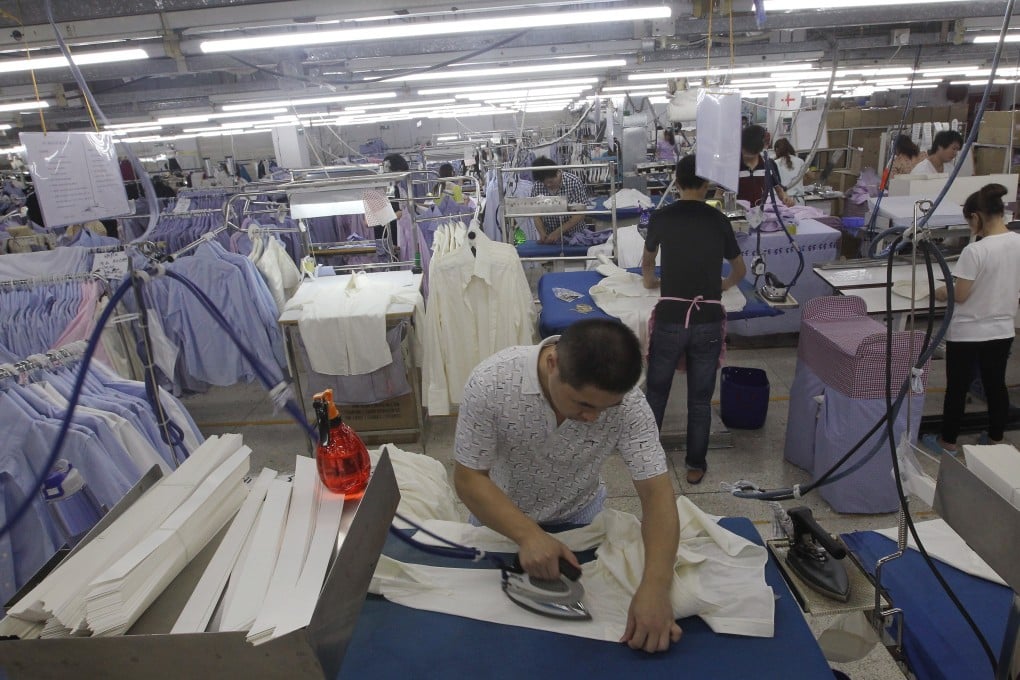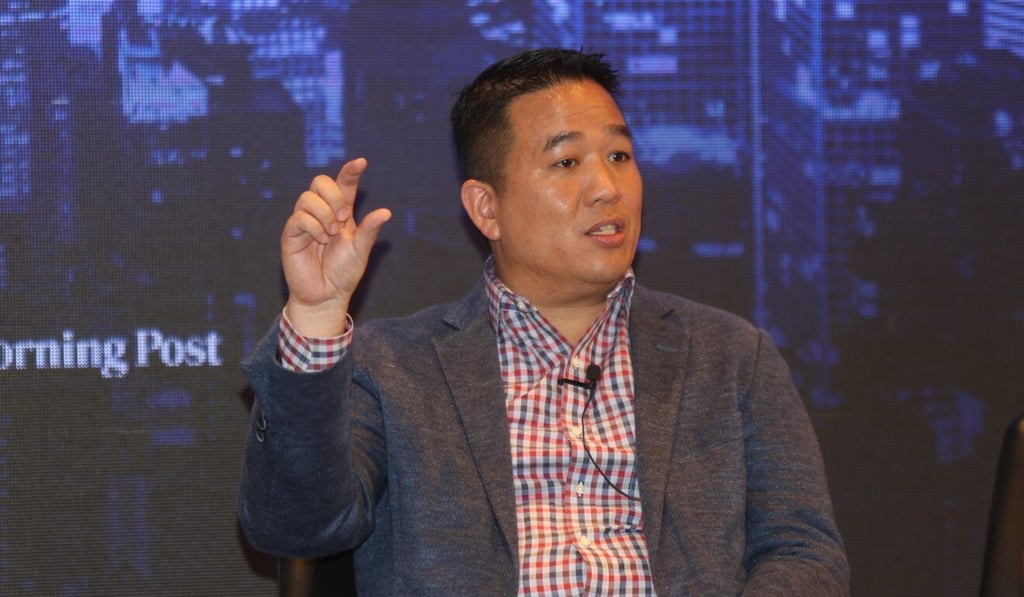Digitalisation the way forward for global apparel makers in post-coronavirus era as bankruptcies reshape industry
- Garment manufacturer TAL Apparel closes two factories and furloughs 20 per cent of its employees as orders dry up
- Industry players say manufacturers that survive the downturn will turn to technology to streamline production processes and become nimble

Hong Kong-based TAL Apparel, which makes one in six dress shirts sold in the US for such brands as Brooks Brothers and Lacoste, held a virtual meeting with 1,000 of its top employees in March, after the World Health Organisation declared the Covid-19 as a pandemic.
During the meeting, chief executive Roger Lee warned of an ominous shift in the global apparel industry as the company projected a 50 per cent plunge in demand over the next 12 months. Since then, TAL has decided to close two plants in Malaysia it invested in since the 1980s, and furlough 5,000 staff, or 20 per cent of its 25,000 employees.
Apparel companies across the world have been hit hard, as one country after another has imposed lockdowns to curtail the spread of the coronavirus, severely affecting global economic activity, throwing dozens of industries into turmoil and sending the unemployment rate soaring.

In the fashion industry, billions of dollars worth of orders placed with manufacturers around the world have been cancelled, while some big fashion retailers such as JC Penney and J Crew have filed for Chapter 11 bankruptcy protection in the US.